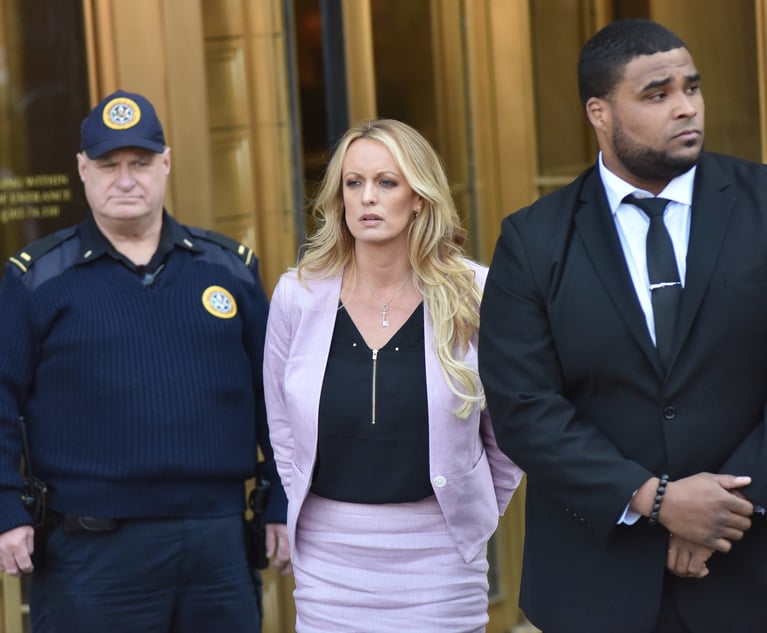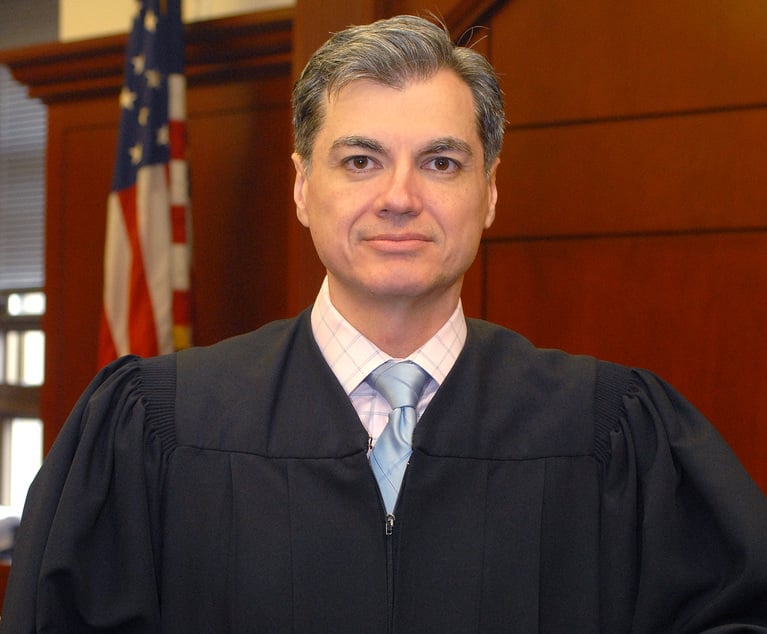As a result of COVID-19, there have been dramatic changes to our civil litigation system. While many courthouses have closed completely or to a great extent, efforts have been made to conduct remote or virtual depositions as well as court conferences in some venues. Recognizing these obstacles, the Gov. Andrew Cuomo issued Executive Order No. 202.8, suspending statutes of limitations, and Chief Administrative Judge Lawrence Marks issued administrative order AO/78/20, suspending the filing of papers in all but the most essential matters. Indeed, a cottage industry offering virtual depositions and conferences is in the process of developing, and the use of virtual technology for meetings via Zoom and Skype is becoming more commonplace. As the pandemic continues, there will no doubt be increasing pressure to conduct various proceedings, formally (such as court conferences) or informally (such as meetings with clients and experts). With respect to personal injury litigation and particularly in the medical malpractice arena, a “double whammy” of sorts has occurred, as it is more difficult not only to conduct depositions, but to gain access to medical professionals, particularly in certain specialties such as internal medicine, emergency medicine and infectious diseases.
We can foresee the plaintiff’s bar pressing to conduct discovery and depositions in an effort to continue to pursue their clients’ litigation rights and to pursue potential recovery, while the defense bar may feel that the inability to meet with their clients in person is an impediment to appropriate preparation. In New York, where there are no depositions of experts and current technology is rarely utilized in depositions, preparing for and conducting depositions by video may present a novel and uncomfortable proposition. We have already seen objections to video depositions of defendants on the ground that they may deprive the defendant of the ability to have an attorney at his or her side during the proceeding. It has been argued that there is a potential for abuse during video depositions (such as counseling the witness during the deposition) and that video depositions would unfairly limit an attorney’s ability to have a private discussion with a witness (although the technology would likely permit that). In general, the pandemic has resulted in a fast-forward of sorts in many areas of society that may have already been slowly heading in a virtual direction, from fields such as banking and investment to more pedestrian areas such as grocery and other shopping and leisure communications. Indeed, the segments of society that had already started to serve their audiences virtually are the ones that have best been able to weather the pandemic, and companies like Amazon and Fresh Direct have actually prospered as a result. Similarly, in the legal arena, courts may recognize that in-person conferencing is not always essential and move toward virtual conferencing, a development that likely would have met with significant resistance and taken years to become accepted had it not been for the pandemic.


 Frances Twitty/iStockphoto.com
Frances Twitty/iStockphoto.com




